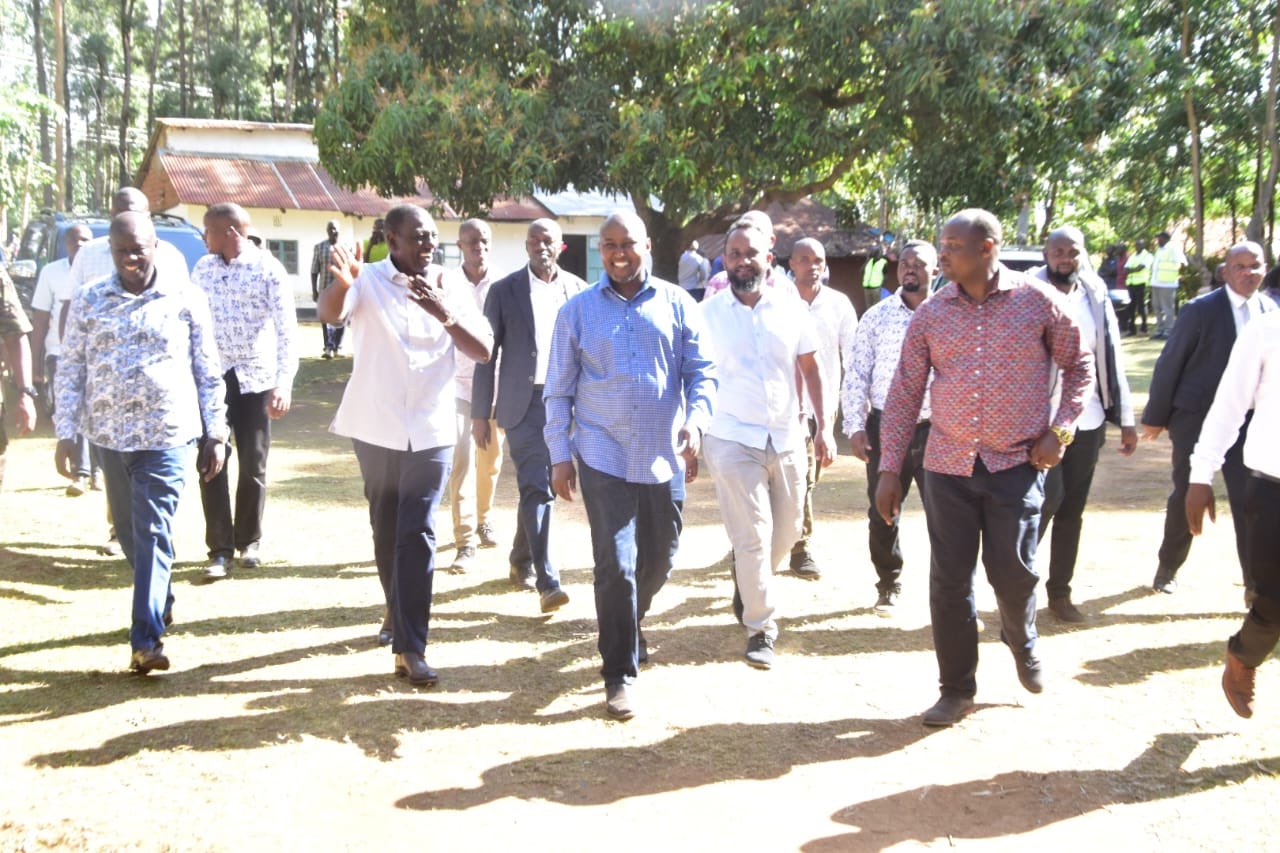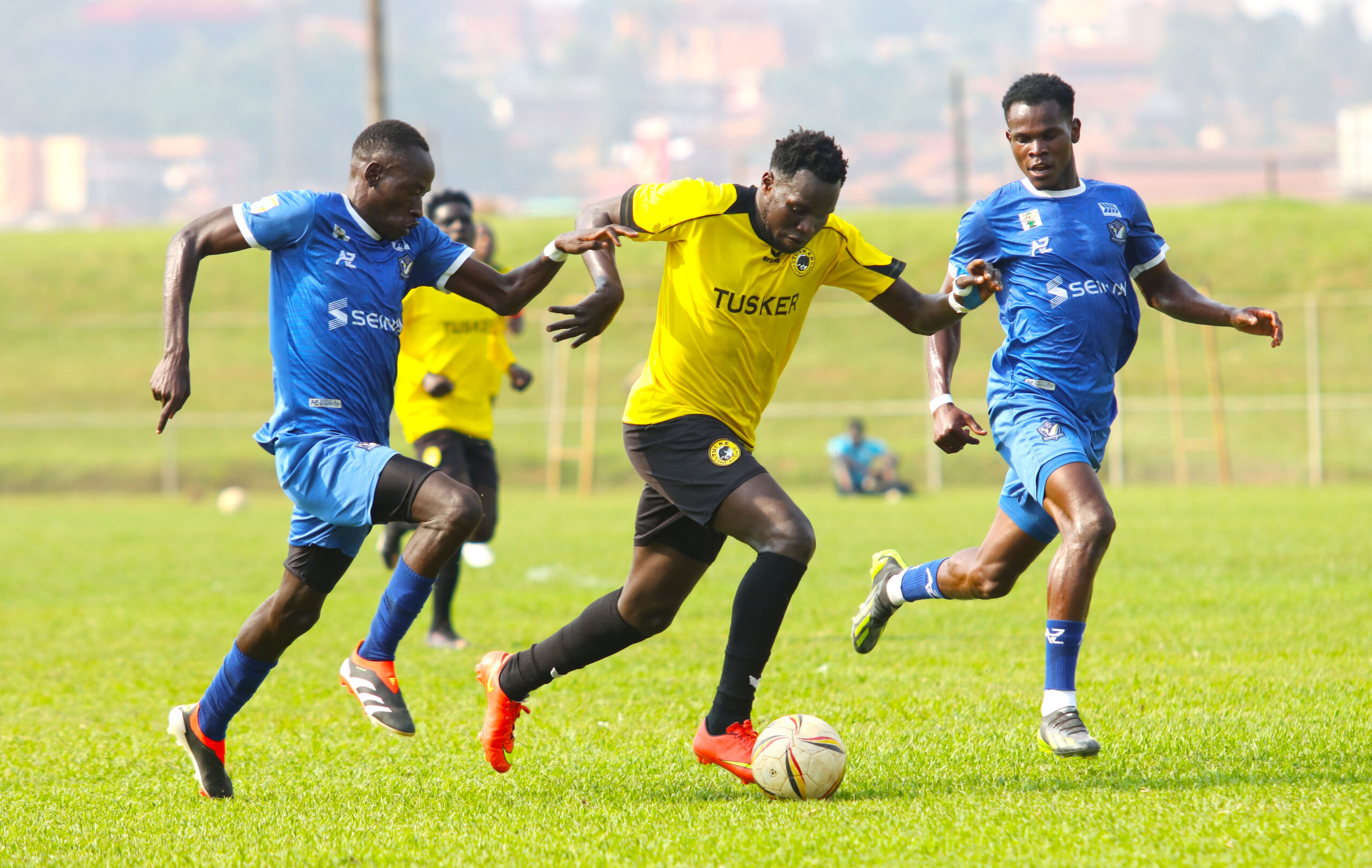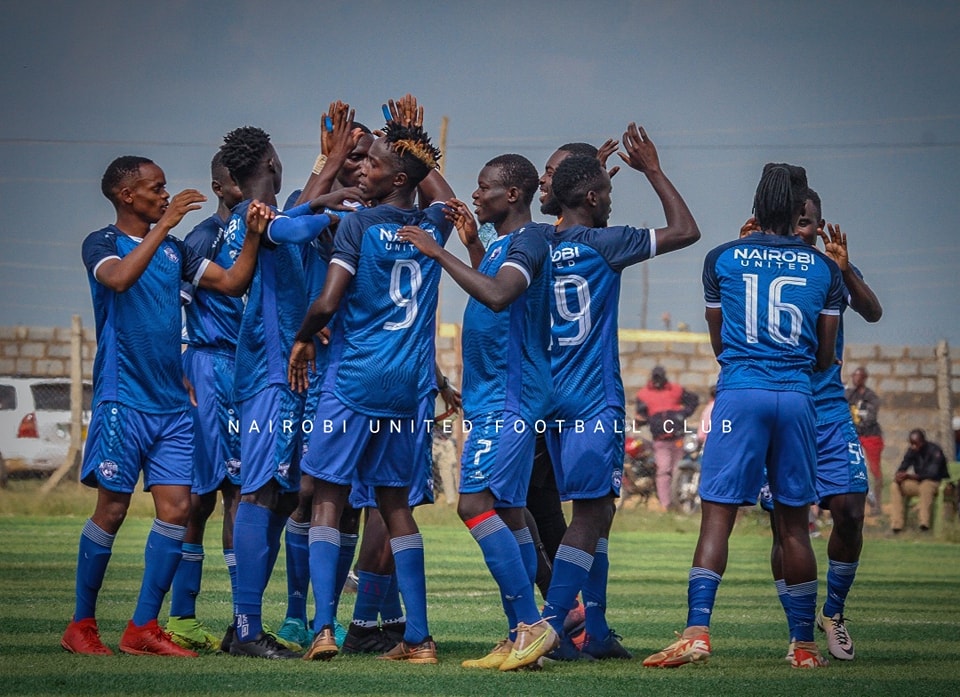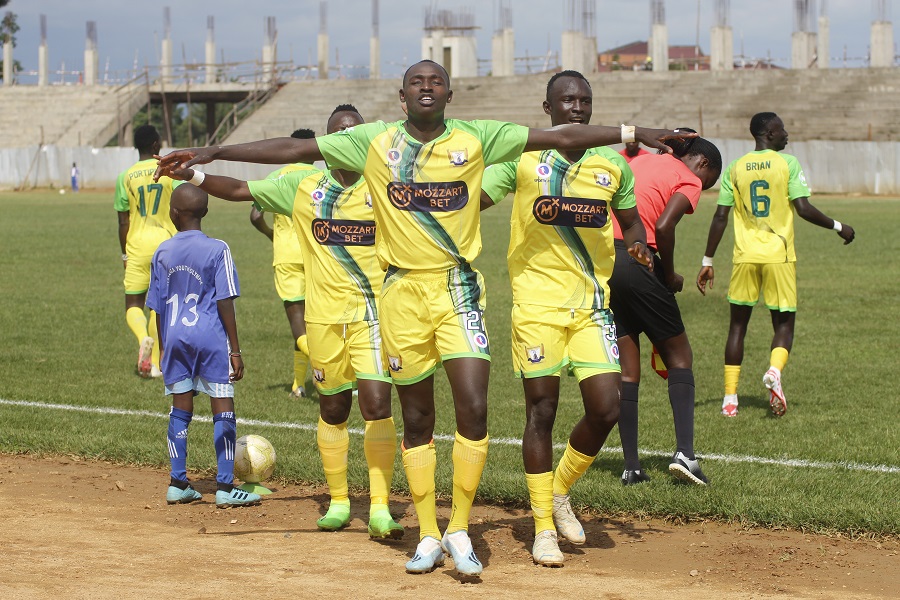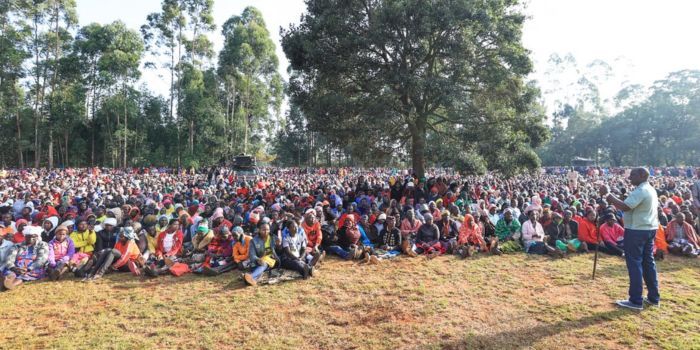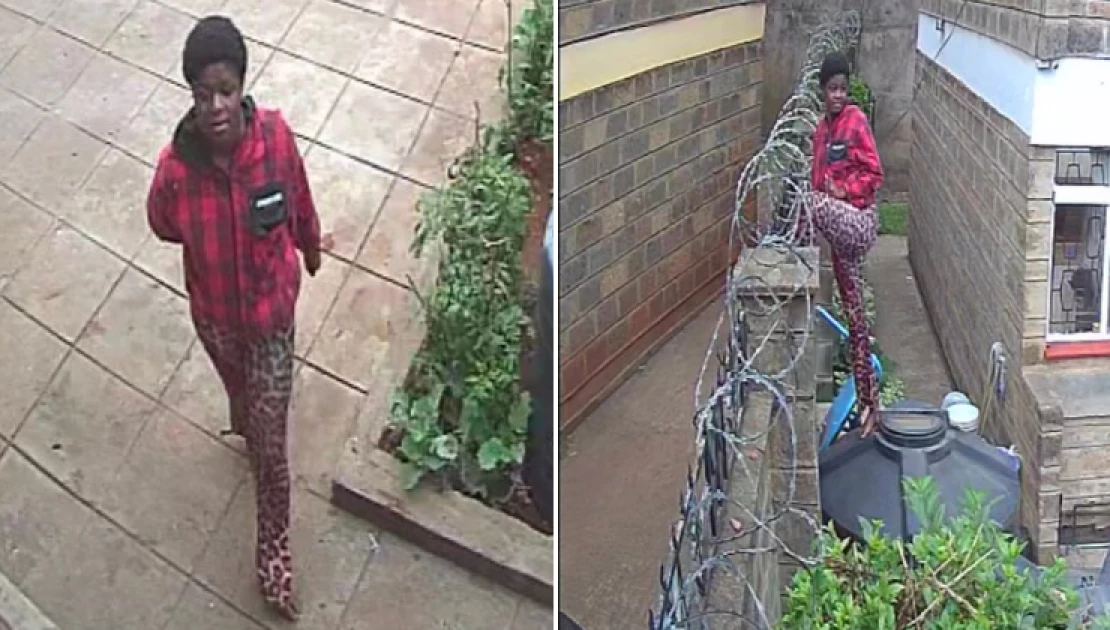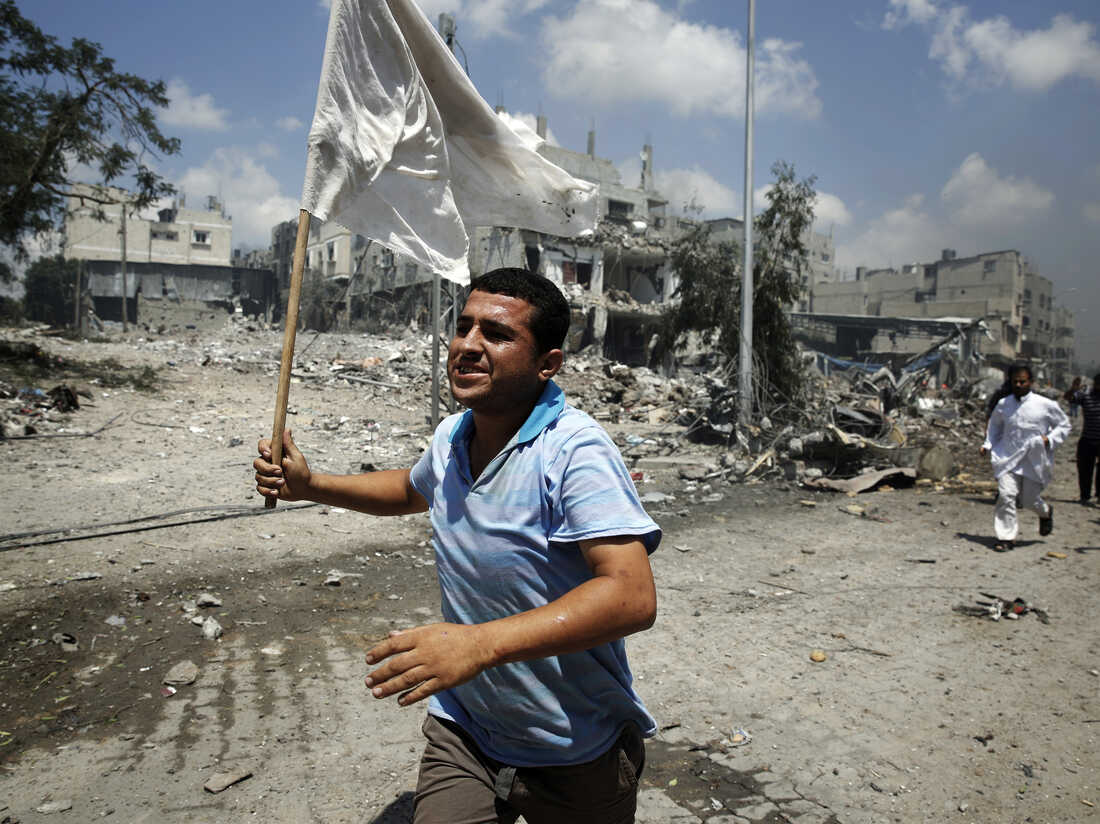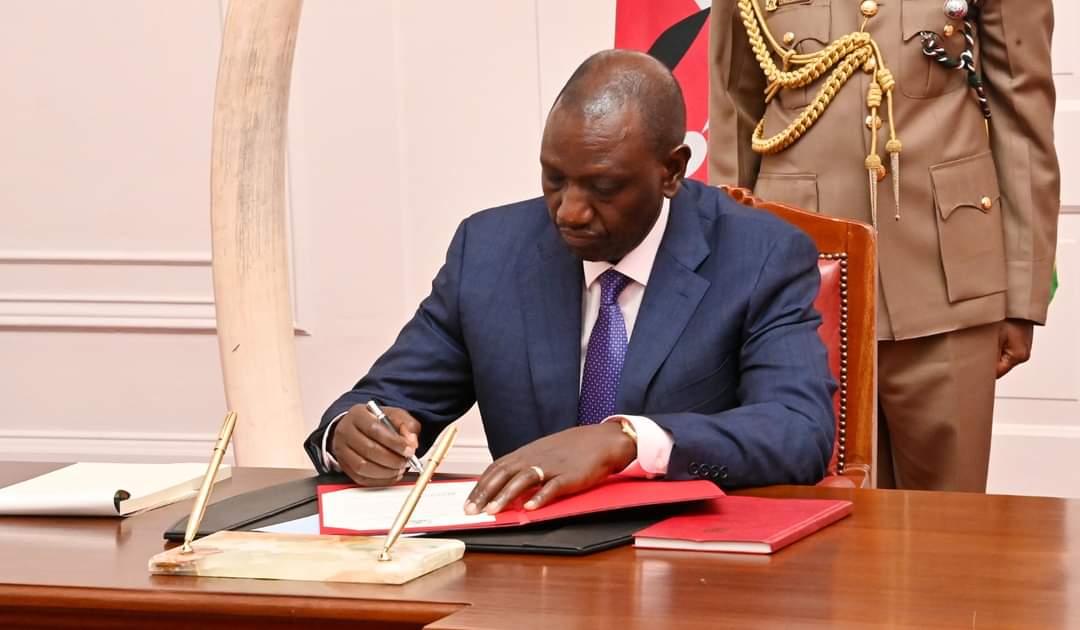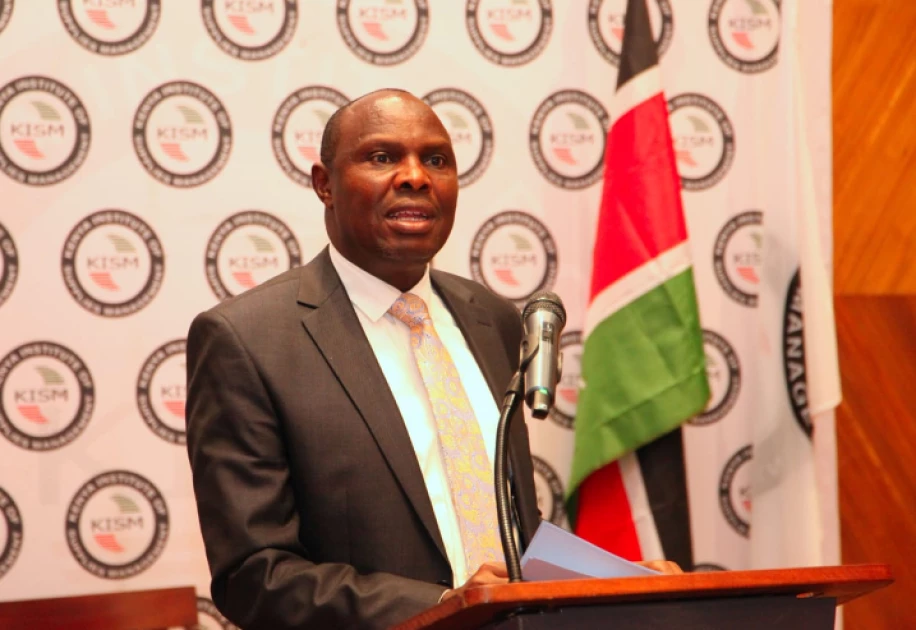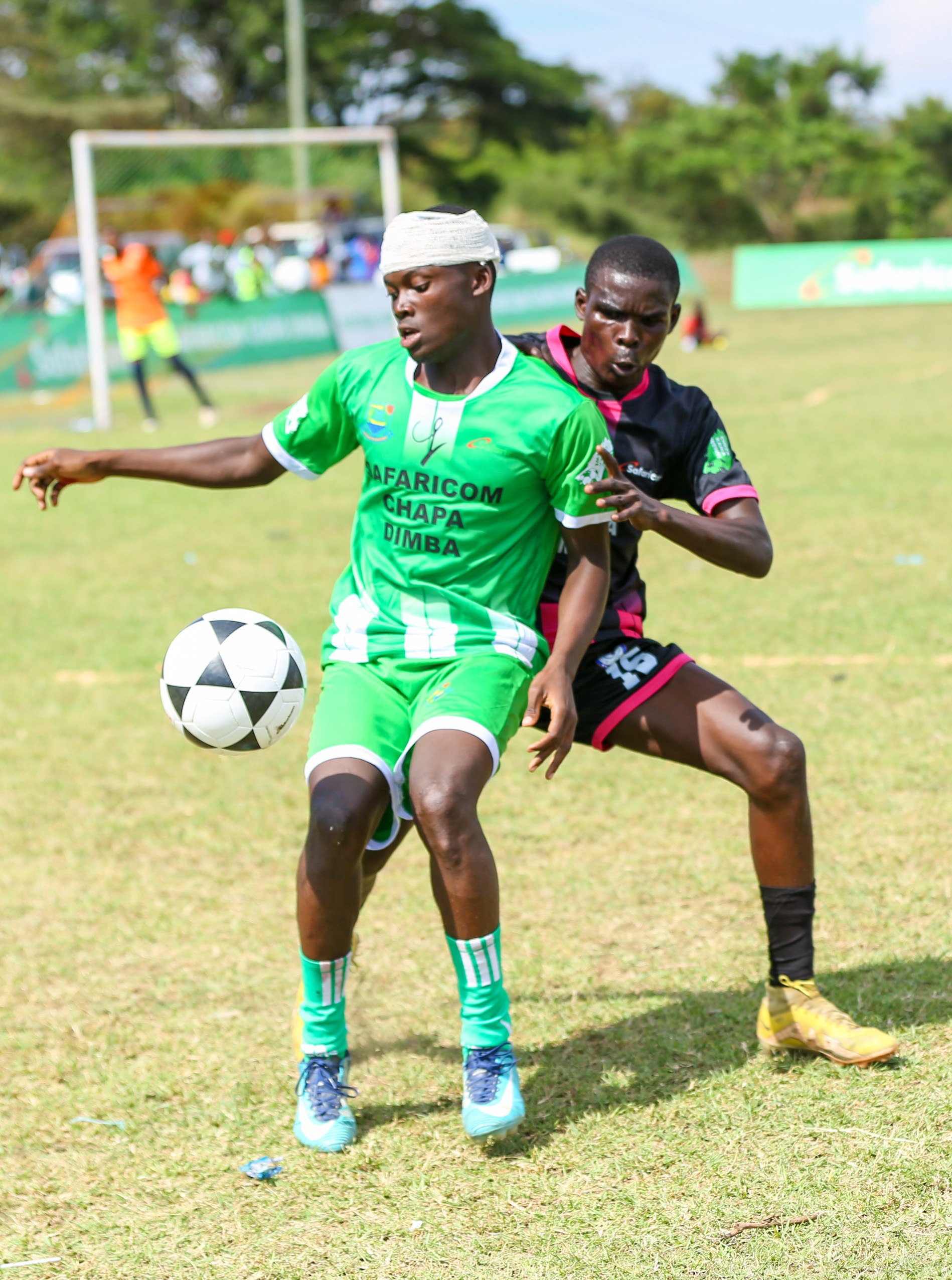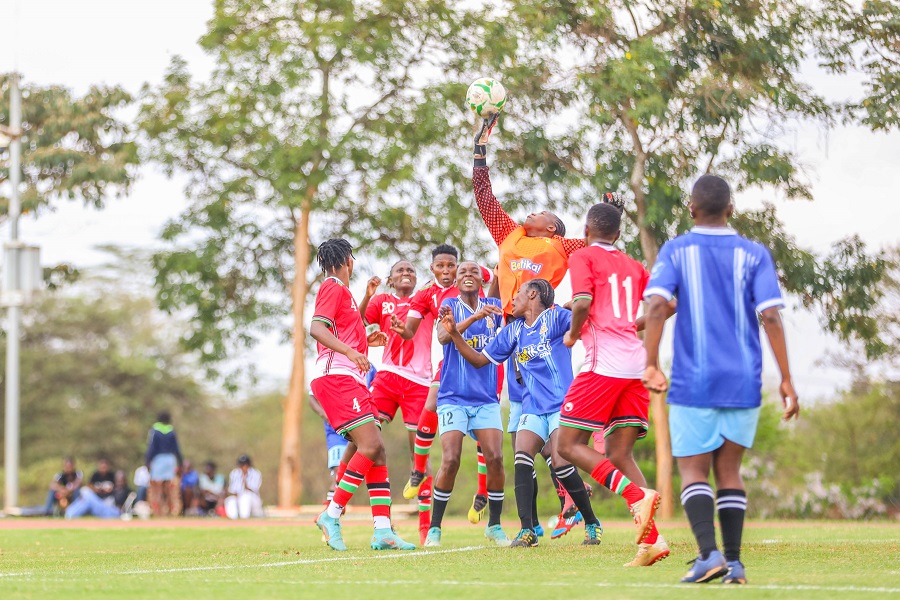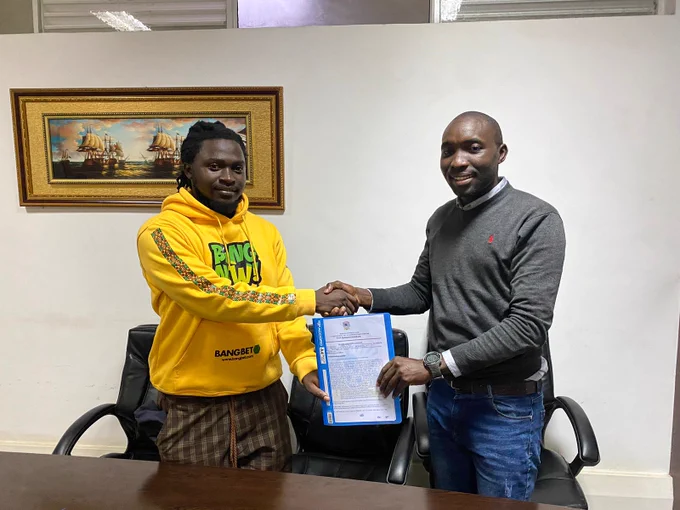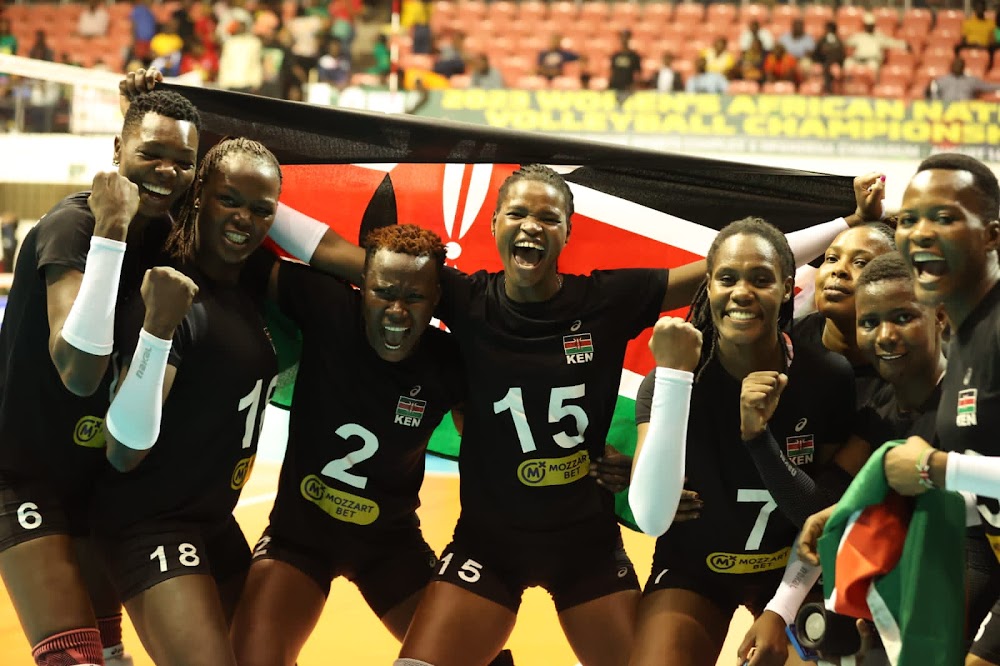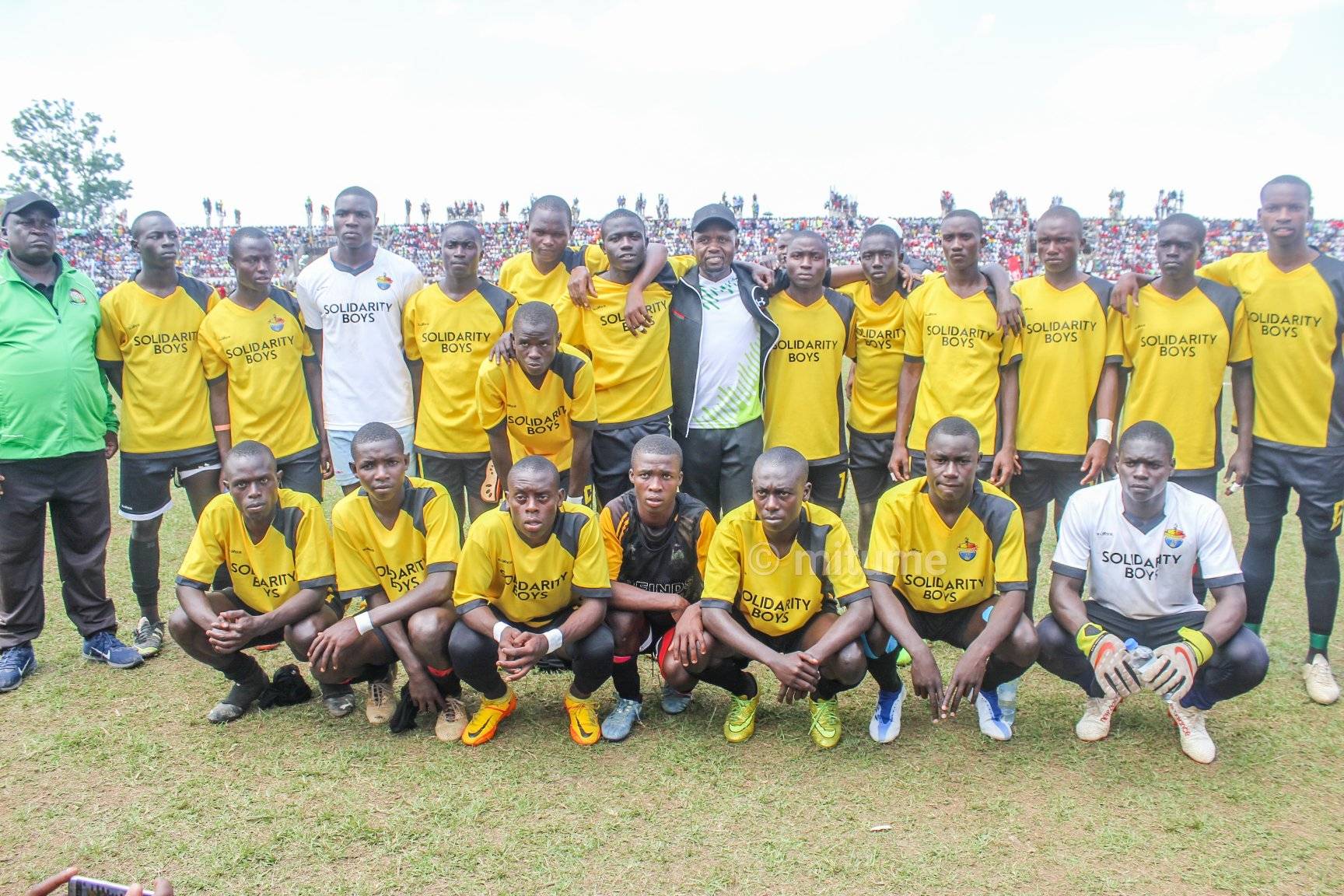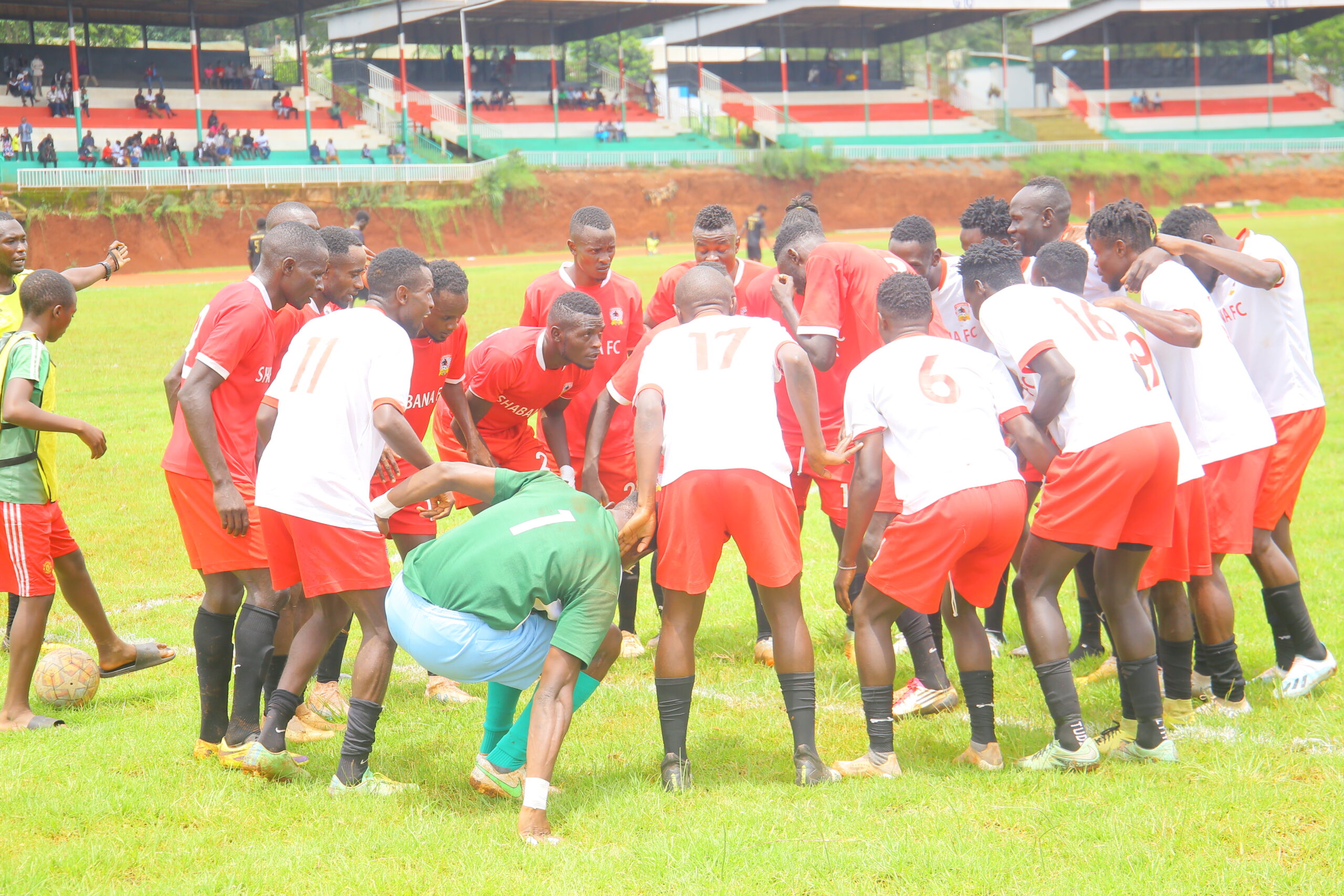Cyclone Chido, with wind speeds exceeding 225 km/h (140 mph), has wreaked havoc across Mayotte, causing widespread destruction and leaving residents facing extreme hardship


Rescue operations are underway, but the death toll may climb significantly. The island, part of French overseas territories, struggles with limited resources amidst the worst storm in nearly a century.
Unprecedented Destruction in Mayotte
Mayotte residents have described the aftermath of Cyclone Chido as “apocalyptic,” with entire neighborhoods flattened, particularly in vulnerable areas housing undocumented migrants. The storm is being labeled the most devastating in 90 years to hit this French Indian Ocean territory.
The cyclone tore through communities, leaving many without shelter, food, or water. “We haven’t had water for three days,” a Mamoudzou resident reported, while another added, “Some of my neighbors are starving and thirsty.”
Search for Survivors Amid Debris
Rescue workers, including reinforcements from France, are tirelessly combing through the wreckage to locate survivors. However, widespread infrastructure damage, such as downed power lines and blocked roads, severely hampers relief efforts.
The local prefect, Francois-Xavier Bieuville, warned that the death toll could reach thousands once the full extent of the disaster is uncovered. Undocumented migrants—estimated at over 100,000 within a population of 320,000—pose a challenge to accurately accounting for the dead.
First Aid Arrives, But Shortages Persist
An initial flight with emergency supplies has arrived, including tarpaulins for makeshift shelters, but dire shortages of food and water remain. The relief effort, coordinated from nearby Reunion Island, includes 110 French soldiers, with another 160 en route.
Heartbreaking Stories of Survival
John Balloz, a resident of Mamoudzou, expressed disbelief at surviving the storm. “I screamed because I thought it was the end for me,” he said. Meanwhile, Mohamed Ishmael, another survivor, likened the destruction to “the aftermath of a nuclear war” after witnessing entire neighborhoods wiped off the map.
Impact on the Most Vulnerable
Mayotte’s impoverished communities, particularly undocumented migrants seeking asylum, bore the brunt of the devastation due to their fragile living conditions. The Muslim tradition of burying the dead within 24 hours adds another layer of complexity to documenting fatalities.
Cyclone’s Reach Beyond Mayotte
Cyclone Chido also struck northern Mozambique, causing flash floods, structural damage, and power outages in provinces such as Nampula and Cabo Delgado. Initial reports confirmed three deaths, and many residents face disrupted access to critical services, including healthcare, clean water, and sanitation.
Climate Change’s Role in Intensifying Cyclones
Meteorologists attribute the “exceptional” intensity of Cyclone Chido to abnormally warm Indian Ocean waters, a consequence of climate change. Such conditions are fueling more powerful and destructive storms across the region.
A Long Road to Recovery
As aid continues to trickle in, the residents of Mayotte and other affected areas face a grim reality. The island’s longstanding struggles with poverty, unemployment, and limited infrastructure compound the challenges of recovery.















































































